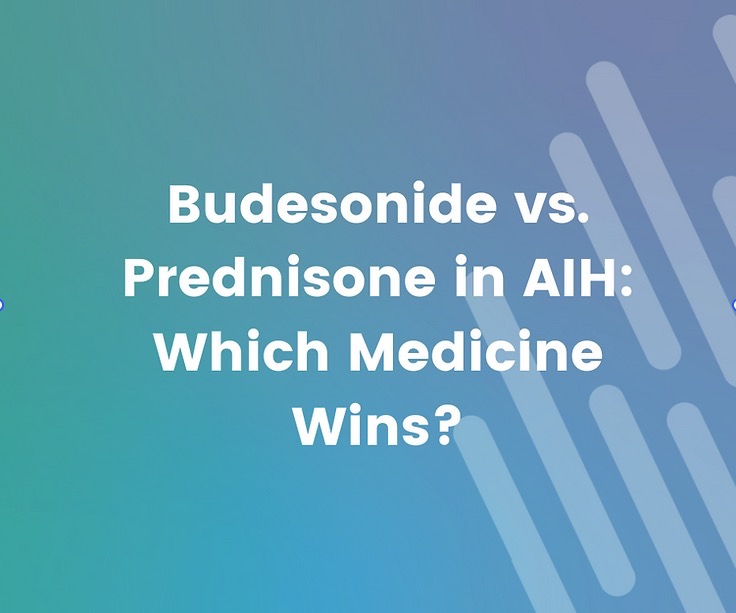The Autoimmune Hepatitis Association

The treatment for autoimmune hepatitis (AIH) hasn’t changed much in the past 60 years; however, a newer steroid called budesonide has been increasingly used since it may have fewer steroid side effects compared to prednisone.
Little scientific data exists on how well budesonide works in AIH because of how new the drug is in being used to treat the disease and because only a small number of patients taking this medication have been studied. In addition, budesonide is contraindicated in patients who have cirrhosis or who have very severe lab abnormalities and liver dysfunction at time of diagnosis. This makes it more challenging to study budesonide because fewer AIH patients are eligible to take the medicine.
A recent published article of multiple centers in Spain has provided more information on this important question: Does budesonide work as well as prednisone to normalize liver tests in AIH patients?
This study was retrospective, meaning the researchers looked at patients who have historically come to their centers for treatment. The authors found 105 AIH patients treated with budesonide and 276 AIH patients treated with prednisone at diagnosis (all without cirrhosis). What they found was a little surprising to many hepatologists: Budesonide did not normalize as many patients’ liver tests as prednisone did. And when they did a statistically sound matched analysis, the probability of normalizing liver tests in new AIH cases was dramatically less in patients being treated with budesonide. The authors then looked for patient features where prednisone and budesonide groups responded similarly. Only patients with liver tests less than two times the upper limit of normal at diagnosis responded similarly no matter if they were given prednisone or budesonide.
Another interesting point of this study was that the patients treated with budesonide and the patients treated with prednisone had a similar rate of steroid-related side effects. This result is surprising to many doctors in the field who have anecdotally seen patients have fewer side effects taking budesonide compared to prednisone.
In the battle of budesonide vs. prednisone in treating AIH, prednisone may come out on top, at least for now – especially in patients with higher liver tests at time of diagnosis. More research studies are needed to declare a true victor. And for patients who have had success using budesonide to normalize their liver tests and who have had improved quality of life taking this drug, budesonide may still be a winner.
The full article can be found here.

Recent Comments